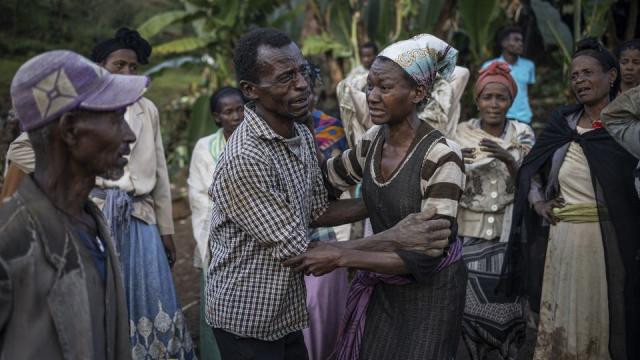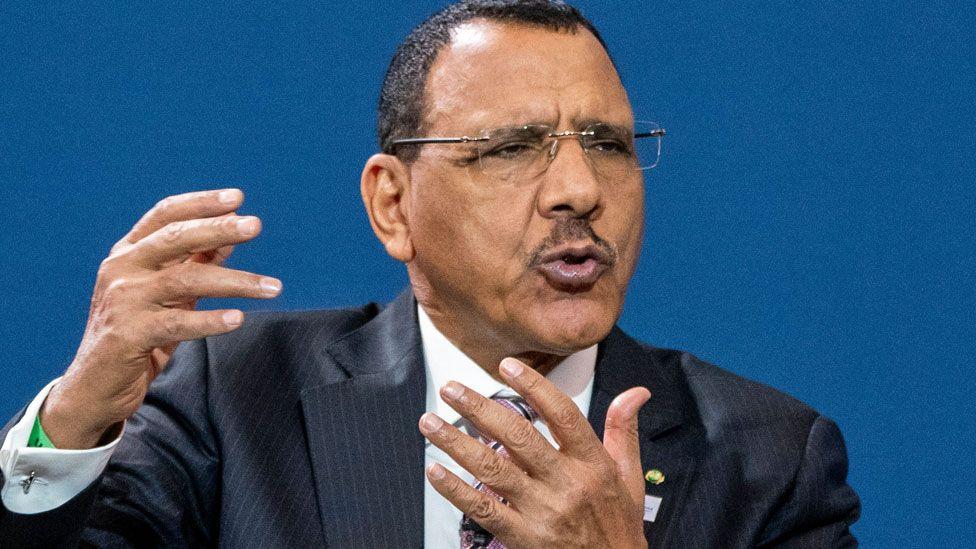
Ethiopia announced on Saturday that it has initiated a second round of negotiations with Egypt and Sudan regarding the contentious mega-dam constructed by Addis Ababa on the Nile River, the source of enduring tensions among the three nations.
Ethiopia made an announcement earlier this month regarding the completion of the fourth and final filling of the Grand Renaissance Dam, which prompted immediate condemnation from Cairo, which deemed the move illegal.
Egypt and Sudan have expressed concerns that the construction of the massive $4.2-billion dam will significantly decrease the share of Nile water they receive.
They have repeatedly urged Addis Ababa to halt the filling of the dam until an agreement is reached.
After years of disagreements on this matter, Egyptian President Abdel Fattah al-Sisi and Ethiopian Prime Minister Abiy Ahmed reached an agreement in July to conclude a deal within four months.
Negotiations resumed in August to work towards this goal.
“The second round of the tripartite negotiation among #Ethiopia, #Egypt, and #Sudan on the… annual operation of the Grand Ethiopian Renaissance Dam (#GERD) has commenced today, September 23, 2023, in Addis Ababa,” Ethiopia’s foreign ministry said on X, formerly Twitter.
“Ethiopia is committed to reaching a negotiated and amicable solution through the ongoing trilateral process.”
Extensive negotiations regarding the dam, dating back to 2011, have so far not resulted in an agreement between Ethiopia and its downstream neighbors.
Egypt has consistently regarded the dam as an existential threat, given its reliance on the Nile for 97 percent of its water requirements.
The dam holds a central position in Ethiopia’s development aspirations, and in February 2022, Addis Ababa declared the commencement of electricity generation for the first time from the dam.
When operating at full capacity, the immense hydroelectric dam, which measures 1.8 kilometers in length and stands 145 meters high, has the potential to produce over 5,000 megawatts of electricity.
This would effectively double Ethiopia’s electricity production, benefiting only half of the country’s current population of 120 million, who currently have access to electricity.
Sudan’s stance on the matter has been inconsistent in recent years, particularly as the country is currently embroiled in a civil war.
The United Nations has warned that Egypt may face a water crisis by 2025, and some areas in Sudan, where the Darfur conflict was primarily driven by water access issues, are becoming more susceptible to drought due to the effects of climate change.




